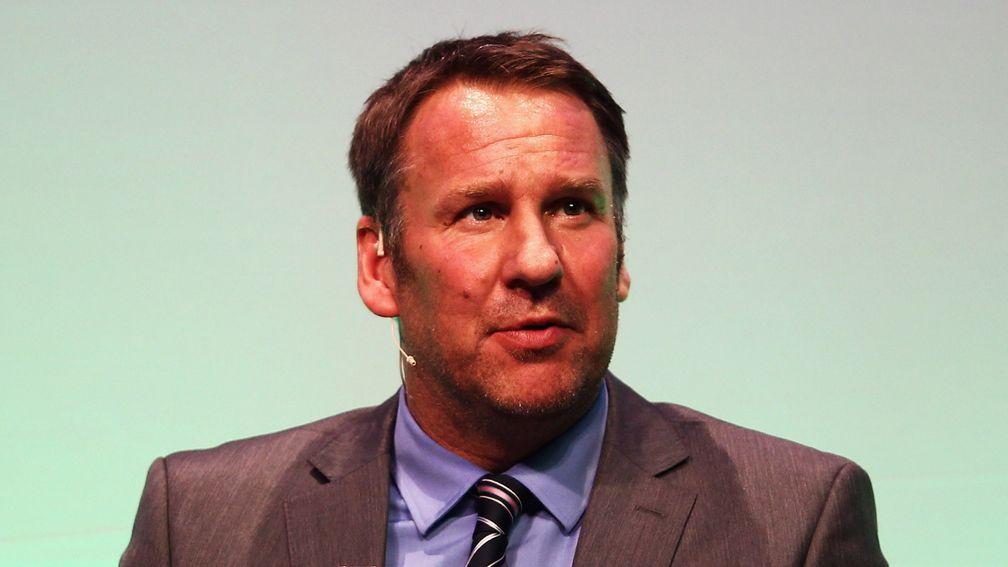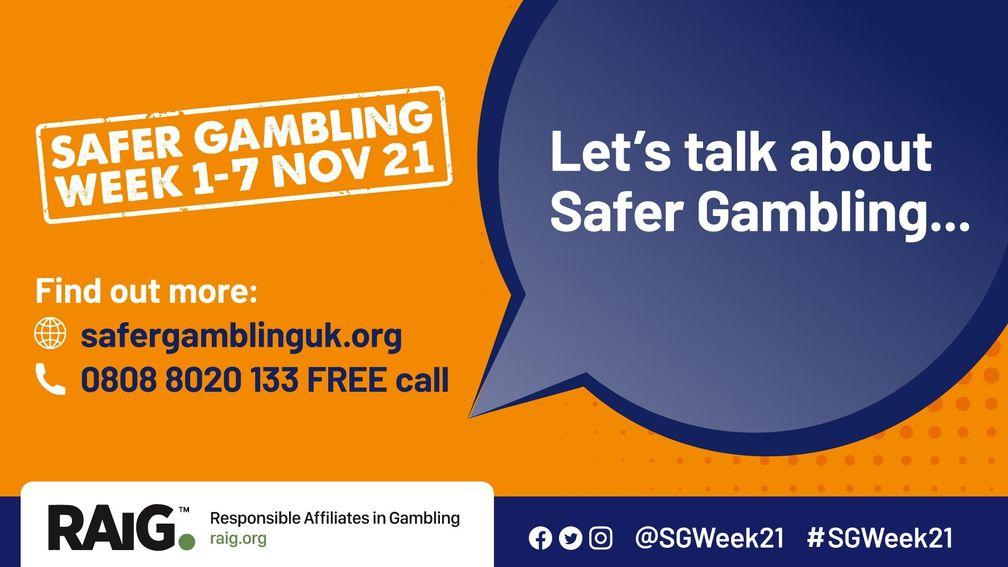Paul Merson: in the first lockdown last year I lost our deposit to buy a house
James Milton on Hooked, the frank account of the Arsenal star's addiction

Paul Merson, Hooked (Headline Publishing £20)
The cover of Paul Merson's 2011 book How Not To Be A Professional Footballer featured the former Arsenal, Aston Villa and England star's grinning face superimposed on a can of lager.
Merson's latest memoir, Hooked, has a very different tone. It details a 20-year professional career in which he won league titles, cup finals, promotions and 21 England caps, but its primary concern is the story of his addictions to alcohol, cocaine and, most devastatingly, gambling.
That strand of his life began at the age of 16 when, after an Arsenal training session, he lost his £100 YTS wages within ten minutes of entering a Finsbury Park betting shop.
Ashamed, he told his mum he had been mugged, marking the start of decades of compulsive betting, of secrecy and deception, lying to friends, family, teammates, managers and, inevitably, himself.
Those years during which Merson "worked hard to make sure no-one had the full picture" help to explain the urgency and unvarnished frankness of Hooked.
"In the first lockdown last year I lost everything," he writes. "There were no physical GA [Gamblers Anonymous] meetings and I didn't look after myself properly. I lost our deposit to buy a house, lost the lot."
The scale of Merson's betting is staggering. He tried to pay for his wedding with a big bet on Scotland to beat Costa Rica at the 1990 World Cup (Scottish fans won't need reminding that Los Ticos won 1-0). Many years later, he had £50,000 at 5-6 on his Portsmouth side to win at Wimbledon. His early goal put Pompey ahead but they ended up losing 2-1.
One chapter is simply entitled '£7 million' (the amount he reckons he lost during his playing career) and he gambled away his £750,000 PFA pension when – despite being "the most well-known addict in the game" – he was offered it as a lump sum on his 35th birthday.
Watching himself talk about his gambling on Harry Redknapp's ITV show Harry's Heroes was a revelatory experience for Merson. Before that he would think: "Oh, I ain't that bad", safe in the knowledge that "big wages gloss over everything".
He points out that "rock bottom for the compulsive gambler on Premier League wages is like a trampoline, you can usually bounce back because another 100 grand is coming next month".
That guarantee of more "ammunition" was one factor in his inability to stop betting, although he also feels his case merited tougher interventions from bookmakers. Safer gambling measures that rely on self-referral, he says, are "not much use to me".
The trampoline Merson mentions disappeared, along with any kind of safety net, at the end of his playing career. Struggling to make an impact at Walsall, his final league club, he realises "the thing that had propped up my self-worth for so long was fading away".
Merson's experiences of residential rehab and therapy have given him valuable insights into the nature of addiction. He used alcohol and cocaine to cover up his social anxiety but betting was his most pernicious problem.
"Gambling is invisible," he writes. In one scene that depicts the brutal isolation felt by addicts, he recalls sitting in a hotel room before an evening away fixture, wanting to break his own fingers so he wouldn't be able to place any more bets.
Two key themes are the need for the addict to banish self-loathing – understanding that they are "ill" rather than "bad" – and also to accept support from people around them.
Hooked is not a manifesto on how the betting industry should improve its approach to compulsive gambling. However, Merson emphasises his desire to help others on "the long road to recovery" and his honest, compassionate book extends a comradely hand to those struggling with an addiction that "thrives on you being alone".
Read more:
We can all learn how to be a better friend to a fellow bettor in need
'People suffering harm can sound very confident they don't have a problem'
Be honest with yourself and record all your bets to help stay in control
'If a customer started betting £200 each-way you'd say, that's not like you'
Why all punters should be paying attention to Safer Gambling Week
Breaking the invisible barrier: the stigma of talking about problem gambling
Women and gambling – are the right actions in place to tackle a growing problem?
Safeguarding gambling industry staff is overdue and needs to become a priority

The Racing Post fully supports Safer Gambling Week and acknowledges it as an excellent opportunity for us all to reflect on whether we keep our gambling in check. Although Safer Gambling Week is only seven days, its message is ongoing and remains important. We have lots of resources available on our dedicated Safer Gambling page and more details can be found at safergamblinguk.org.
Published on inNews
Last updated
- Join Racing Post Members' Club for the very best in racing journalism - including Patrick Mullins' unmissable trip to see Gordon Elliott
- Racing Post Members' Club: 50% off your first three months
- Join the same team as Ryan Moore, Harry Cobden and other top jockeys with 50% off Racing Post Members' Club
- 'It’s really exciting we can connect Wentworth's story to Stubbs' - last chance to catch master painter's homecoming
- The jumps season is getting into full swing - and now is the perfect time to join Racing Post Members' Club with 50% off
- Join Racing Post Members' Club for the very best in racing journalism - including Patrick Mullins' unmissable trip to see Gordon Elliott
- Racing Post Members' Club: 50% off your first three months
- Join the same team as Ryan Moore, Harry Cobden and other top jockeys with 50% off Racing Post Members' Club
- 'It’s really exciting we can connect Wentworth's story to Stubbs' - last chance to catch master painter's homecoming
- The jumps season is getting into full swing - and now is the perfect time to join Racing Post Members' Club with 50% off